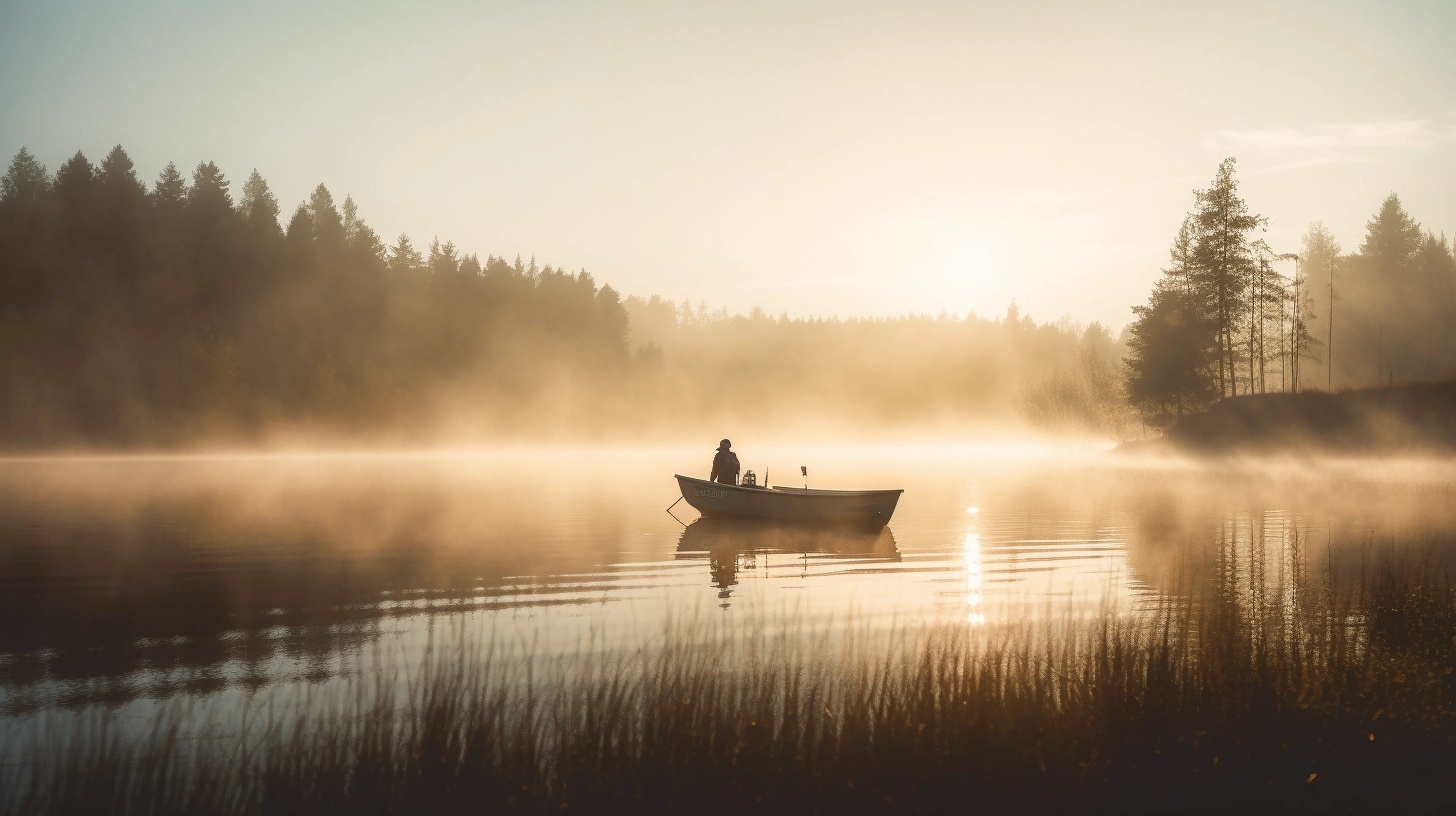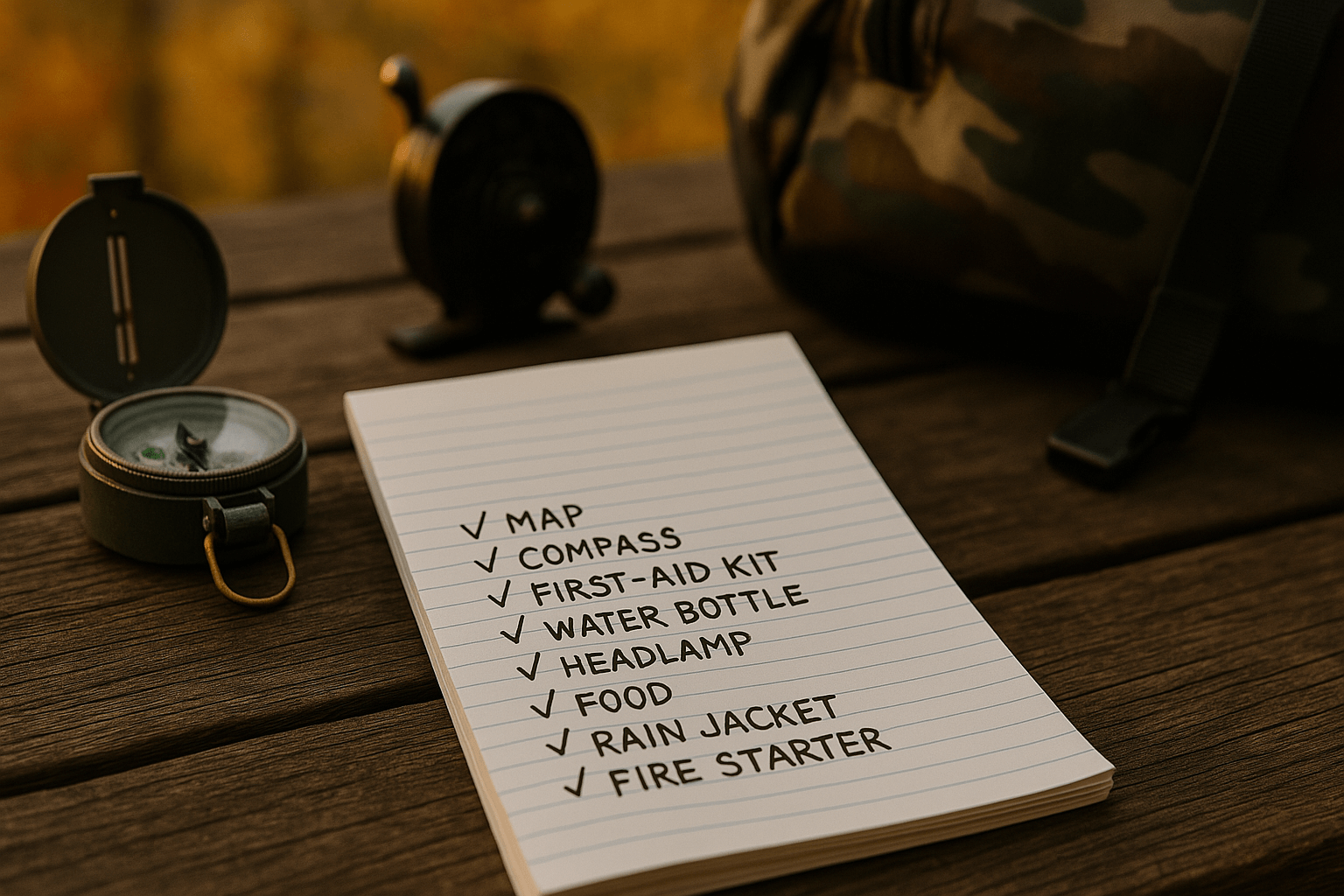Fishing Reports for SEO: Why Guides Should Post Regular Updates

Google favors sites that publish new content regularly. A weekly report is a steady stream of fresh content that tells search engines, “Hey, this site is alive and active.”
If you’re a fishing guide or outfitter, you probably already keep tabs on what’s biting, when, and where. That knowledge is pure gold—so why not turn it into content that brings more clients to your site?
Search engines love fresh content. They love local relevance even more. And nothing checks both those boxes like a good ol’ fashioned fishing report.
Let me give you a real-world example from my own experience: Years ago, when I first became interested in Lake Ontario steelhead on the Salmon River, I searched "Salmon River fishing report" and discovered a quirky website at the top of the results. After visiting that report multiple times, I eventually booked a trip with that guide. Fast-forward a decade—after becoming a full-time steelhead guide myself on that same river—I realized something important: that guide wasn't necessarily the most famous on the river, but he landed my business simply because he consistently posted fishing updates with the right keywords.
Why Fishing Reports Are Secret SEO Gold
Google isn’t looking for Hemingway. It’s looking for real, consistent, useful information. A solid fishing report typically includes:
- Current conditions: Weather, water levels, clarity, temperature
- What’s biting: Species, sizes, numbers
- Where they’re hitting: Be vague or specific depending on your goals
- What’s working: Lures, flies, baits, techniques
- Photos: Bonus SEO juice + social media content
Each of these elements contains rich, searchable keywords—especially if you're naming lakes, rivers, species, or gear brands.
How Fishing Reports Improve SEO
1. Fresh Content Boost
Google favors sites that publish new content regularly. A weekly report is a steady stream of fresh content that tells search engines, “Hey, this site is alive and active.”
2. Local SEO Dominance
Fishing reports naturally include location-based keywords: “Lake Okeechobee bass report,” “spring steelhead on the Rogue River,” etc.
3. Long-Tail Keyword Coverage
Reports catch different variations like “April trout fishing in Montana” or “best fly for Arkansas this week.”
4. Backlink Opportunities
Helpful reports get linked on forums, tourism sites, even gear company blogs.
5. Engagement & Return Visits
Anglers will keep coming back if your site becomes their go-to for updates.
Structuring Your Fishing Report
Here’s a solid format to use:
Title:March 30th Columbia River Sturgeon Report – Water’s Up, Fish Are On
Intro:
Short and conversational—just like talking to a client.
Conditions:
Weather, water temp, clarity.
Action:
Species updates, where they're biting.
Tips:
Lures, flies, technique notes.
Photos:
Big bonus for SEO and click appeal.
Call to Action:
“Want to get in on the action? Book your spring trip now.”
Posting Frequency
- Peak season: Weekly is ideal
- Off-season: Bi-weekly or monthly updates work
- Short on time? Even a quick paragraph with a photo counts
Pro Tips for Better Reach
- Add alt text to your images with keywords
- Include internal links to service or booking pages
- Share updates on social media
- Send them in email newsletters
Off-Season Ideas
Fish not biting? Talk about:
- Prepping gear
- Winter tactics
- Local conservation efforts
- Seasonal strategies
Final Thoughts
Posting regular fishing reports doesn’t have to be a chore. It’s one of the most effective, low-effort ways to improve your SEO, build trust with your audience, and bring more clients through the door.
If you’re a guide, outfitter, or lodge owner looking to build a modern, discoverable website that ranks—and converts—I’d love to help. From full-stack web development to on-page SEO, I specialize in helping outdoor brands thrive.
More Digital Presence Resources

Plan Your Trip Page: The SEO Powerhouse Your Guide Business Is Missing
A well-built “Plan Your Trip” page isn’t just helpful—it’s an underrated SEO weapon. Here’s how hunting and fishing guides can use it to rank higher and book more trips.